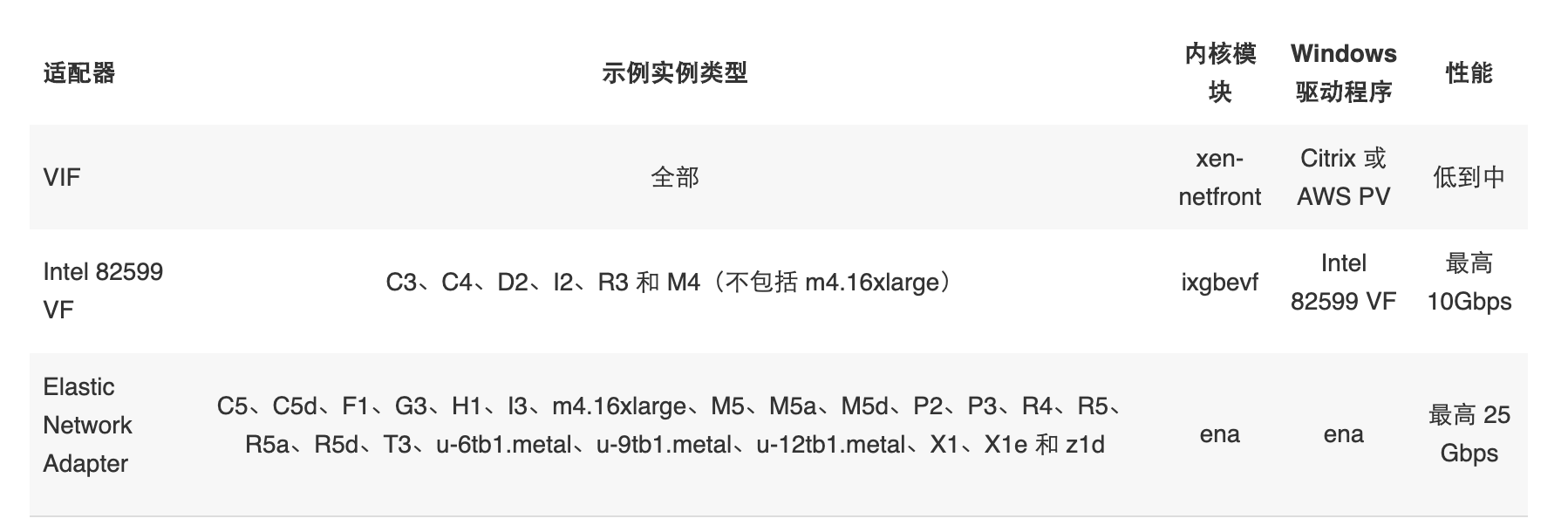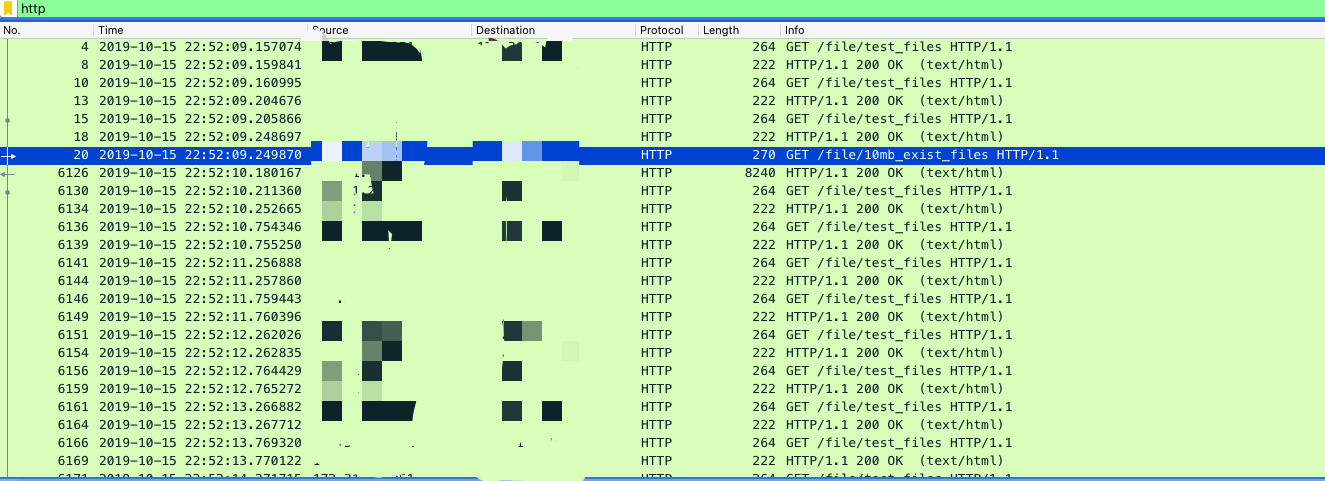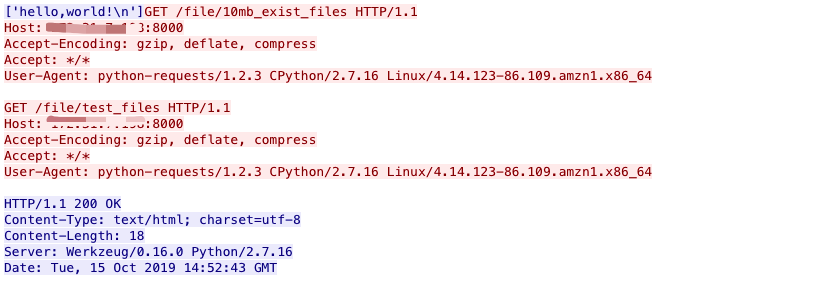1
2
3
4
5
6
7
8
9
10
11
12
13
14
15
16
17
18
19
20
21
22
23
24
25
26
27
28
29
30
31
32
33
34
35
36
37
38
39
40
41
42
43
44
45
46
47
48
49
50
51
52
53
54
55
56
57
58
59
60
61
62
63
64
65
66
67
68
69
70
71
72
73
74
75
76
77
78
79
80
81
82
83
84
85
86
87
88
89
90
91
92
93
94
95
96
97
98
99
100
101
102
103
104
105
106
107
108
109
110
111
112
113
114
115
116
117
118
119
120
121
122
123
124
125
126
127
128
129
130
131
132
133
134
135
136
137
138
139
140
141
142
143
144
145
146
147
148
149
150
151
152
153
154
155
156
157
158
159
160
161
162
163
164
165
166
167
168
169
170
171
172
173
174
175
176
177
178
179
180
181
182
183
184
185
186
187
188
189
190
191
192
193
194
195
196
197
198
199
200
201
202
203
204
205
206
207
208
209
210
211
212
213
214
215
216
217
218
219
220
221
222
223
224
225
226
227
228
229
230
231
232
233
234
235
236
237
238
239
240
241
242
243
| json = require "json"
md5 = require "md5"
login_url = "/login"
success_code = 0
event_name = "login_audit"
event_type = "lua"
app_type = "web"
name = "web_login_audit.json"
http_common_mapping = '{"accept":"accept","accept-charset":"accept_charset","accept-encoding":"accept_encoding","accept-language":"accept_language","accept-datetime":"accept_datetime","authorization":"authorization","cache-control":"cache_control","from":"from","max-forwards":"max_forwards","origin":"origin","pragma":"pragma","proxy-authorization":"proxy_authorization","via":"via","vary":"vary","x-requested-with":"x_requested_with","x-forwarded-proto":"x_forwarded_proto","accept-range":"accept_range","allow":"allow","connection":"connection","content-encoding":"content_encoding","content-language":"content_language","content-location":"content_location","content-md5":"content_md5","content-range":"content_range","date":"date","last-modified":"last_modified","location":"location","proxy-authenticate":"proxy_authenticate","referrer":"refer","retry-after":"retry_after","server":"server","transfer-encoding":"transfer_encoding","upgrade":"upgrade","www-authenticate":"www_authenticate","x-authenticated-user":"x_authenticated_user","user-agent":"user_agent"}'
common_mapping_table = json.decode(http_common_mapping)
http_request_mapping = '{"content-length":"request_content_length","content-type":"request_content_type"}'
request_mapping_table = json.decode(http_request_mapping)
http_response_mapping = '{"content-length":"response_content_length","content-type":"response_content_type"}'
response_mapping_table = json.decode(http_response_mapping)
function md5Encode(args)
m = md5.new()
m:update(args)
return md5.tohex(m:finish())
end
function urlDecode(args)
s = string.gsub(args, "%%(%x%x)", function(h) return string.char(tonumber(h, 16)) end)
return s
end
function formatStr(args)
t = {}
data = string.split(args, '&')
for n, v in ipairs(data) do
d = string.split(v, '=')
t[d[1]] = d[2]
end
return t
end
function string.split(s, p)
local rt = {}
string.gsub(s, '[^'..p..']+', function(w) table.insert(rt, w) end )
return rt
end
function trim(s)
return (string.gsub(s, "^%s*(.-)%s*$", "%1"))
end
function formatCookie(args)
t = {}
data = string.split(args, ";")
for n, v in ipairs(data) do
v = trim(v)
d = string.split(v, "=")
t[d[1]] = d[2]
end
return t
end
function init (args)
local needs = {}
needs["protocol"] = "http"
return needs
end
function setup (args)
filename = SCLogPath() .. "/" .. name
file = assert(io.open(filename, "a"))
SCLogInfo("Web Login Log Filename " .. filename)
http = 0
end
function log(args)
http_table = {}
http_hostname = HttpGetRequestHost()
http_table["hostname"] = http_hostname
http_url = HttpGetRequestUriNormalized()
if http_url ~= login_url then
return
end
http_table["url"] = login_url
http_table["url_path"] = http_url
rl = HttpGetRequestLine()
http_method = string.match(rl, "%w+")
http_table["method"] = http_method
rsl = HttpGetResponseLine()
status_code = string.match(rsl, "%s(%d+)%s")
http_status = tonumber(status_code)
http_table["status"] = http_status
http_protocol = string.match(rsl, "(.-)%s")
http_table["protocol"] = http_protocol
cookie = HttpGetRequestHeader("Cookie")
if cookie ~= nil then
session_id = string.match(cookie, "sessionID=(.-);")
if session_id ~= nil then
http_table["request_token"] = md5Encode(session_id)
else
http_table["request_token"] = nil
end
end
set_cookie = HttpGetResponseHeader("Set-Cookie")
if set_cookie ~= nil then
session_id = string.match(set_cookie, "sessionID=(.-);")
http_table["response_token"] = md5Encode(session_id)
member_id = string.match(set_cookie, "memberId=(.-);")
http_table["member_id"] = tonumber(member_id)
end
a, o, e = HttpGetResponseBody()
for n, v in ipairs(a) do
body = json.decode(v)
results_code = tonumber(body["code"])
if results_code == success_code then
results = "success"
else
results = "failed"
end
end
http_table["results"] = results
http_table["results_code"] = results_code
a, o, e = HttpGetRequestBody()
for n, v in ipairs(a) do
res = formatStr(v)
mail = urlDecode(res['email'])
pass = md5Encode(res['password'])
end
http_table["email"] = mail
http_table["password"] = pass
rh = HttpGetRequestHeaders()
for k, v in pairs(rh) do
key = string.lower(k)
common_var = common_mapping_table[key]
if common_var ~= nil then
http_table[common_var] = v
end
request_var = request_mapping_table[key]
if request_var ~= nil then
http_table[request_var] = v
end
end
rsh = HttpGetResponseHeaders()
for k, v in pairs(rsh) do
key = string.lower(k)
common_var = common_mapping_table[key]
if common_var ~= nil then
http_table[common_var] = v
end
response_var = response_mapping_table[key]
if response_var ~= nil then
http_table[response_var] = v
end
end
sec, usec = SCPacketTimestamp()
timestring = os.date("!%Y-%m-%dT%T", sec) .. "." .. usec .. "+0000"
ip_version, src_ip, dst_ip, protocol, src_port, dst_port = SCFlowTuple()
id = SCFlowId()
flow_id = string.format("%.0f", id)
true_client_ip = HttpGetRequestHeader("True-Client-IP")
if true_client_ip ~= nil then
src_ip = true_client_ip
end
raw_data = {
timestamp = timestring,
flow_id = flow_id,
src_ip = src_ip,
src_port = src_port,
dest_ip = dst_ip,
dest_port = dst_port,
event_name = event_name,
event_type = event_type,
app_type = app_type,
http = http_table,
proto = "TCP"
}
data = json.encode(raw_data)
file:write(data .. "\n")
file:flush()
http = http + 1
end
function deinit (args)
SCLogInfo ("HTTP transactions logged: " .. http);
file:close(file)
end
|










